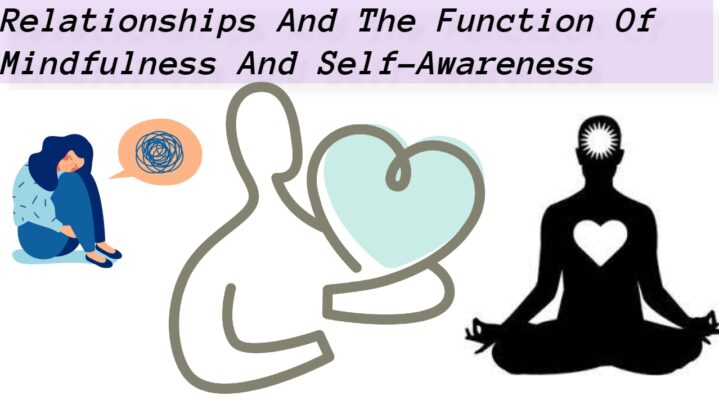Mindfulness, or the act of being completely present and engaged in the present moment, can help people better comprehend their own emotional states and behaviors. This awareness can lead to better communication and problem-solving abilities in partnerships. Furthermore, mindfulness can assist individuals in identifying and managing unpleasant emotions such as rage and envy, which can lead to disputes in relationships.
In partnerships, self-awareness, or the ability to comprehend one’s own thoughts and feelings, is equally essential. Individuals that are self-aware are better equipped to recognize their own needs and limitations. This enables individuals to properly convey their wants and limitations to their partners, resulting in more mutually rewarding relationships. Self-awareness also enables people to comprehend how their behaviors and emotions influence their partners, resulting in increased understanding and compassion in relationships.
Consistent practice and reflection are required for both mindfulness and self-awareness. Meditation, writing, or counselling can all help with this. Individuals may strengthen their relationships by being more aware of their own thoughts, feelings, and behaviors, as well as those of their partners, by implementing these techniques into their everyday lives.
To summarize, mindfulness and self-awareness are two essential components of a good relationship. You can communicate more effectively, solve issues more efficiently, and sympathize with your spouse if you understand and manage your own thoughts, feelings, and behaviors. These disciplines need constant practice and reflection, which can be accomplished through a variety of methods such as meditation, writing, or counseling.
Also Read: The Power of Mindfulness: A Guide to Peace





